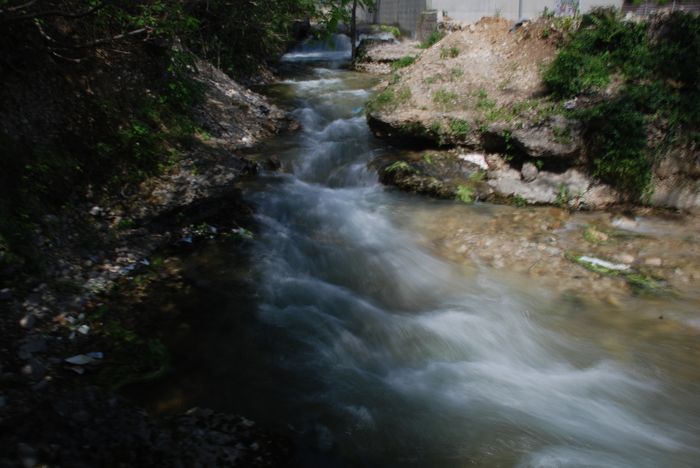Amid an insecurity which had been increasing since the Turkish invasion of Asia Minor, those who had movable property flocked to the one city which they believed to be invulnerable. During many centuries the New Borne had been preeminently the city of Christendom in which wealth had been largely and steadily accumulating.
The riches of Asia Minor, which had contained many cities and states whose wealth had become proverbial, had been continually draining away towards Constantinople. The Spanish Jew, Benjamin of Tudela, already cited, who visited Constantinople in 1161, found it resorted to by merchants who came by land and sea from Babylon and Mesopotamia, from Egypt and Palestine, from Bussia, Hungary, Lombardy, and Spain.
No city, except Bagdad, the metropolis of the Mahometans, as he calls it, equalled it for business and bustle. The tribute brought to it every year in silks, gold, and purple cloth filled many towers. Its wealth and buildings were equalled in no other city of the world. The inhabitants were especially rich in silks, gold, and precious stones. They dressed in garments ornamented with gold, rode upon horses, and looked like princes. Benjamin seems to have been specially struck with the display of gold.
The new palace of Blachern
The new palace of Blachern, built by the reigning emperor, Manuel Comnenos, had its walls and columns covered with pure gold. The throne in this palace was of gold and ornamented with precious stones. A crown of gold was suspended over it, set with stones of inestimable value and unusual lustre. All other places of worship in the world did not equal in riches, says Benjamin, the Church of the Divine Wisdom. It was ornamented with pillars of gold and silver and with innumerable lamps of the same materials, and its riches were countless.
Between the time of Benjamin and 1201 this wealth had but slightly diminished. The imperial territory through which he travelled was rich, and produced all manner of delicacies and abundance of bread, meat, and wine. The inhabitants lived comfortably, every man under his own vine and fig-tree. The neighboring country, always fertile, and which four centuries of Ottoman misrule have not succeeded in altogether impoverishing, was able to furnish annually a large tribute to the capital.









